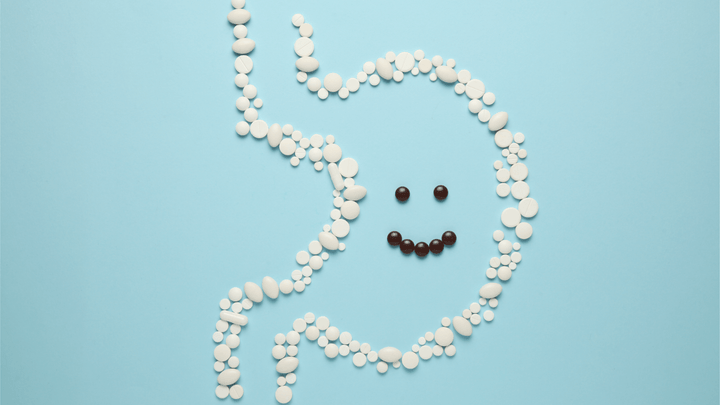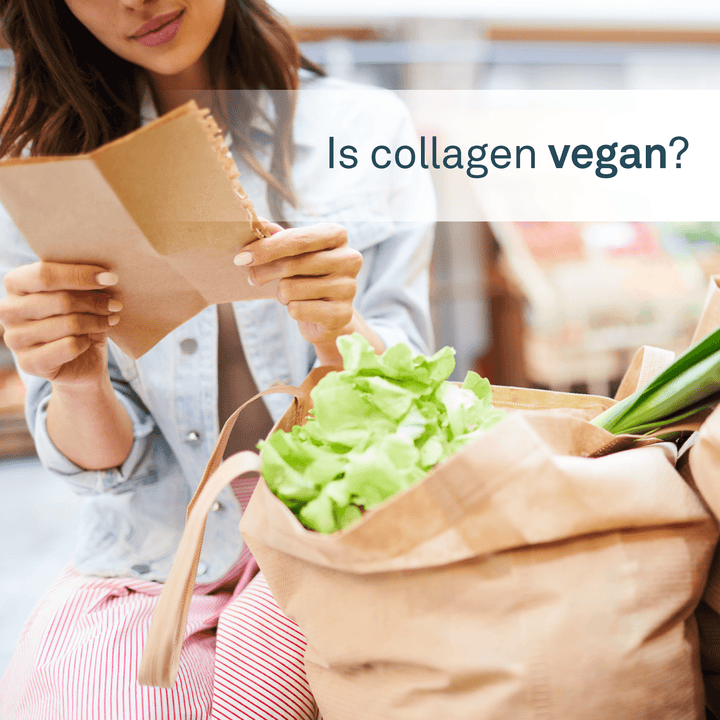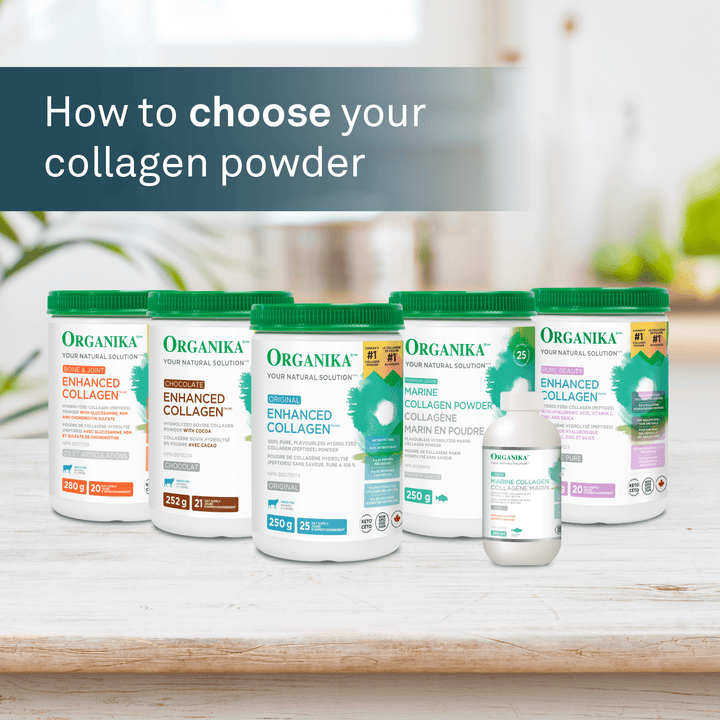
Gut health is an absolutely essential component of total body health. We cannot have regulated moods, well-functioning brains, resilient immune systems, balanced hormones or optimal fertility without a healthy gut. So how do we ensure gut health?
STEP 1: REMOVE
The first step to a healthy gut is to remove anything that is irritating the gut, impairing digestive function, or causing inflammation. Those factors all make it harder for the body to break down the food we eat and absorb nutrients. If this impairment is severe, and/or ongoing, it can result in malabsorption, nutrient deficiencies, dysbiosis and all sorts of digestive symptoms like gas, bloating, diarrhea, constipation, abdominal pain, indigestion, etc. Some things are universally irritating to human digestive tracts, such as:
- Alcohol;
- caffeine (especially coffee);
- NSAIDs (ibuprofen, naproxen);
- additives and preservatives found in processed foods.
Most people should ideally be consuming these things only occasionally and in moderation. However, if you are experiencing significant issues with your gut, you may benefit from cutting these things out entirely for a period of time. Individuals may also be irritated, inflamed or impaired by other things. This is largely dependent on an individual’s particular sensitivities and digestive capacity. People with weakened or damaged digestive systems commonly react to, or have trouble digesting gluten-containing foods, dairy, refined sugars, legumes and even some gluten-free grains. As with the universally irritating things, most people would benefit from consuming these foods only in moderation. Some people may benefit from avoiding them entirely, while they are healing their gut. Any type of gut infection (bacterial, parasitic, fungal) can also cause significant damage to the digestive tract and digestive function. Infections must be addressed and treated first, prior to healing the gut.
STEP 2: REPLACE
Once the substances causing irritating and inflammation have been eliminated, the next step is to provide the digestive system with anything it is missing that is necessary for digestion and general health. Difficulty digesting animal protein and legumes may be an indication of low stomach acid. Bitter foods, bitter herbs and/or a betaine HCl supplement can support the body’s production of stomach acid. A generally weakened or inflamed digestive system may have trouble digesting most foods, especially those that are high in fibre like vegetables and legumes or grains, and so may benefit from some digestive assistance via a digestive enzyme supplement. Both of these support methods can be really helpful, but are insufficient to correct the problem on their own, and shouldn’t be taken long term. It’s important to make sure they are just one component of a gut healing treatment plan! Individuals who have been experiencing chronic digestive issues may also have specific nutrient deficiencies; some of the most common ones are vitamin D, iron, vitamin B12, and magnesium. It’s always important to get these things checked, and corrected if necessary.
STEP 3: REINOCULATE
If you’ve been on the internet in the past decade, you’ve probably at least heard of the gut flora. The gut flora are the trillions of bacteria that live in our large intestines and help us to digest food, absorb nutrients, metabolize toxins and hormones, maintain a strong immune system, and build many of our neurotransmitters. Without a healthy gut flora, we aren’t healthy, period. Antibiotics, stress and improper digestive function can damage that community of good bacteria. So the next step in ensuring a healthy gut is to make sure the right bacteria are making the large intestine their home. There are three main things to consider when it comes to the gut flora.
Probiotic foods
These are foods that naturally contain healthy, good bacteria and can be used to repopulate or rebalance the gut flora. Probiotic foods include:- kombucha,
- sauerkraut,
- kimchi,
- yogurt,
- anything else fermented.
They are great to consume regularly in your diet, to keep your gut flora happy and healthy.
Probiotic supplements
While probiotic foods are a great source of good bacteria, probiotic supplements provide much higher doses of good bacteria. This is often necessary to help folks whose gut flora have been damaged. Choose a good quality probiotic supplement that has multiple different strains, and be sure to take it daily with food, for the duration of your gut-healing plan, as directed by your clinician.
Prebiotic foods and supplements
And lastly, it’s vital to ensure that you are providing all those good bacteria with the nutrients they need to stay alive in your gut. Prebiotics are a category of fibre that human digestive systems can’t break down, but that our gut flora can use as fuel. Ensuring you have a good amount of prebiotic foods in your diet is necessary to maintain your gut health, and supplementing with a prebiotic fibre can be useful when trying to correct dysbiosis and repair the gut.
STEP 4: REPAIR
We’ve now removed all the irritants, replaced all the missing nutrients, and repopulated the community of good bacteria. The next step in gut healing is to repair any damage that may be present in the gut tissue itself. In some individuals who have been experiencing inflammation, indigestion and dysbiosis for long periods of time, physical damage to the intestinal walls may have occurred. This can weaken the integrity of the intestinal barrier and allow for food particles (and hormones, toxins and other molecules) that shouldn’t be able to leave the intestines and enter into the body to do so. (This is often what’s happening in individuals who are experiencing “leaky gut”.) In addition to allowing inappropriate molecules into the body, the damaged intestinal membranes can also further exacerbate digestion issues. That is because those membranes produce a large number of our digestive enzymes. Collagen and L-glutamine are two of the key molecules used by the body in repair of a damaged intestinal lining. Soothing herbs like marshmallow root and aloe vera can help to alleviate some of the irritation. Vitamins A, C, E, Selenium and Zinc are also often used to support the repair of a damaged intestinal lining, as these are some of the most vital nutrients necessary for tissue healing.
STEP 5: REBALANCE
The last, but arguably most important component of a healthy gut is a healthy brain. The gut and the brain are intimately connected. When your brain is chronically overworked, stressed, anxious or fatigued, your digestive capacity diminishes. When an individual lives in any of those states ongoing, it essentially dials the activity of the digestive system way down. As a result, people often end up putting food into a digestive system that’s not ready to receive food. This causes indigestion, gas, bloating, dysbiosis and intestinal damage. Fatigue is another major factor to gut health. Sleep is when your body does the majority of healing and repair. Getting inadequate sleep is going to seriously reduce your body’s capacity to heal and maintain a healthy gut. Living in a perpetually fatigued state also drastically increases your stress levels. There is no tissue, organ or system in our body that can operate independently from the rest of the body, the digestive system included. So optimizing brain function and enabling your brain to keep your body in balance is a key component of gut health. The three most important factors to a healthy brain are:- minimizing stress and optimizing stress coping mechanisms,
- exercising regularly, and
- getting adequate, good quality sleep.

-v1590708143096.jpg?4016x6016)


